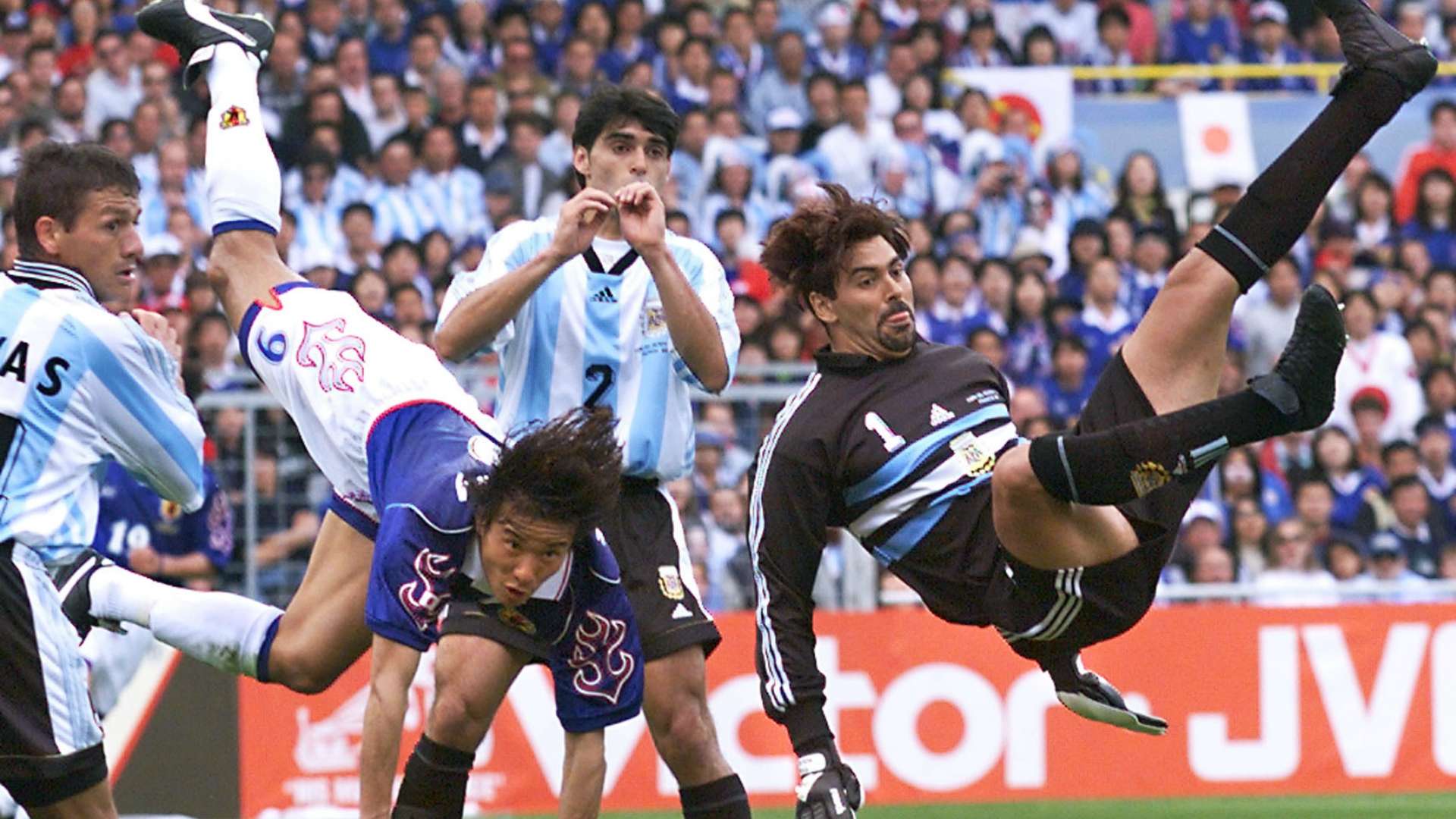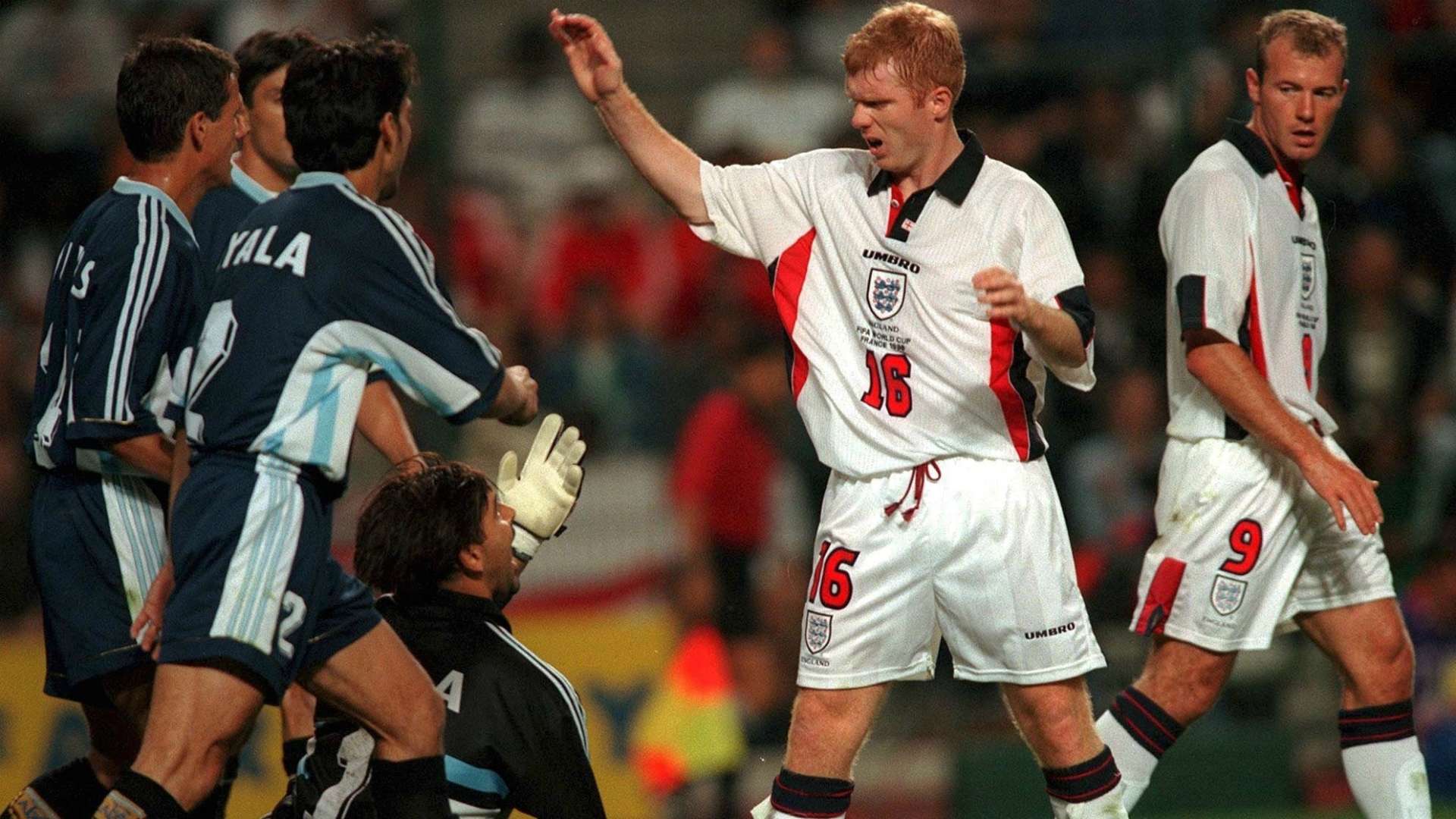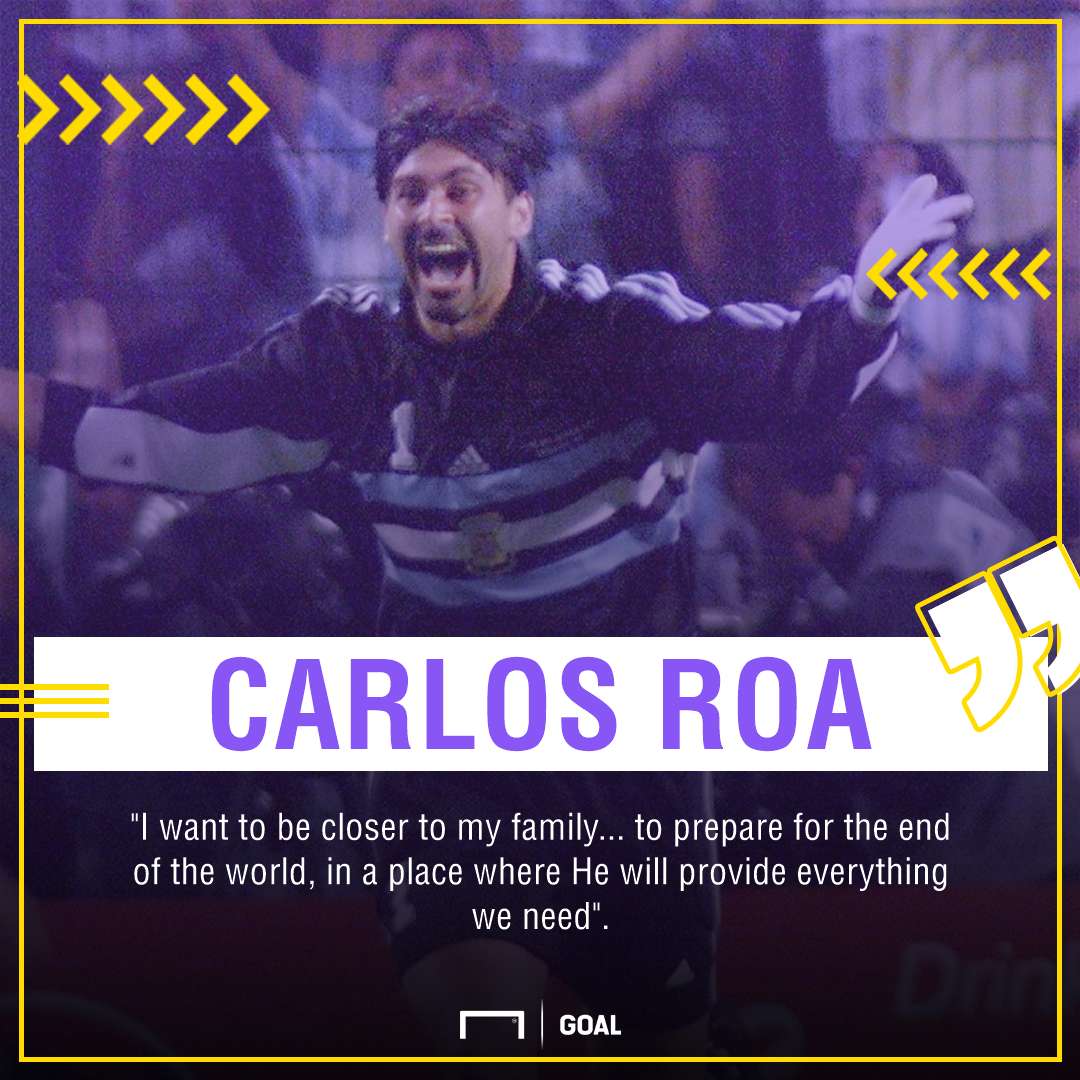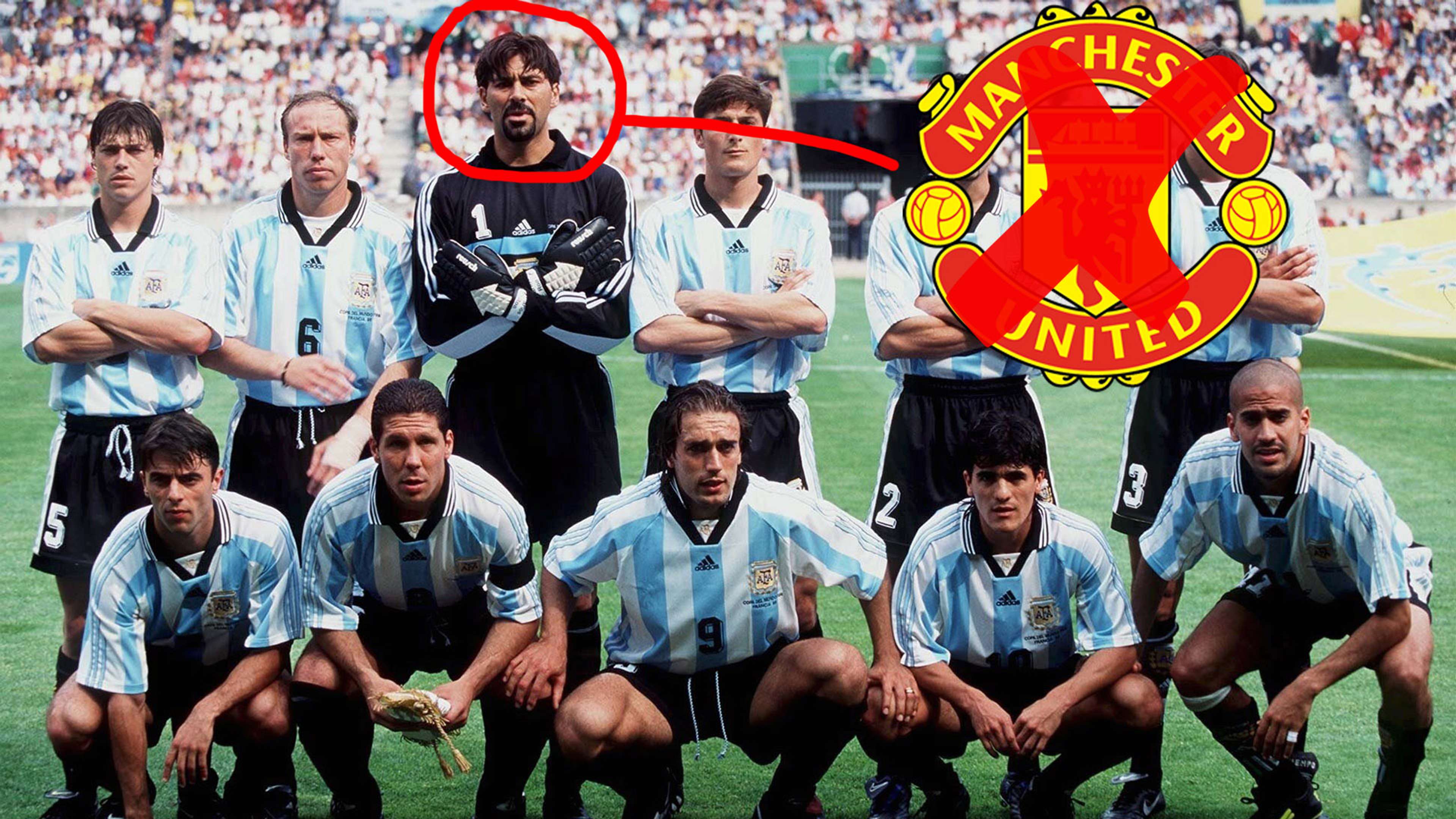There are many reasons why a professional footballer may choose to draw the curtain on his career. Injuries, old age, a desire to spend more time with their family, all are valid motives to end the relentless treadmill of training, matches and self-sacrifice needed to stay at the top. Only one, however, put his decision down to the impending apocalypse.
Former Argentina and Mallorca goalkeeper Carlos Roa cut short his career in his prime, convinced that the world was going to end at the very moment the new millennium started. One of football's great survivors, the eccentric shot-stopper then returned to the field and continued playing even after suffering testicular cancer.
Argentina 8/1 to win 2018 World Cup
From the very beginning Roa showed admirable resilience. As a youngster with Racing Club he was laid low by a serious bout of malaria picked up during a summer tour of Africa, but came back and, after moving to Lanus, led the Buenos Aires club to their first title in history with victory in the 1996 Copa CONMEBOL.
The following year he got his big break, moving to La Liga with the Balearic side. A fine debut season in 1997-8 was followed by World Cup heroics, as he saved David Batty's penalty in a memorable last-16 clash with England to send his side through. Dennis Bergkamp's outrageous 89th minute winner in the quarters, considered one of the finest goals in World Cup history, ended 10-man Argentina's dreams, but Roa's reputation was greatly enhanced by his heroic performances over the course of the tournament.


Indeed, the only way appeared to be up for Mallorca's No.1. The Spanish side grabbed third place in the subsequent campaign, their best-ever finish, and at 29 Roa looked set to cement his place as one of the world's elite keepers. Manchester United had been watching intently and were willing to pay out up to $10 million to make him the long-term heir to Peter Schmeichel at Old Trafford.
The devout Seventh-Day Adventist, however, had other plans. Roa was certain that the new millennium would herald the End of Days, and he walked away from football in 1999 to “prepare for the end of the world, in a place where He will provide everything that we need”. The goalkeeper gave away all his worldly possessions and went off the grid, eventually being tracked down to Villa de Soto, a tiny village in the mountains of Cordoba, where he lived in isolation with his family awaiting the apocalypse.
“I had never wanted to be a footballer and I don't miss football at all. I am happy without football,” he told Ole when the newspaper finally located him after six months of searching. Armageddon failed to materialise, however, and Roa cheerfully ended his exile and walked back through the doors of Mallorca – now with the added condition that he would not have to work on Saturdays.

"The break did me good - I came back relaxed, happy and keen to return to football,” he explained to the Guardian years later, insisting that his decision to “take a sabbatical was welcomed by those around him. "No one questioned me at all," he says, "not even the press."
Perhaps unsurprisingly, Roa found it impossible to recover his previous glory in Spain. He served as understudy to compatriot Leo Franco between the posts, and in 2002 moved to second-tier Albacete, whom he helped to promotion the following season. But in 2004 his world was rocked by a diagnosis of testicular cancer, forcing him to retire once more. Showing the same stubborn resolve as ever, Roa beat the deadly disease, even returning to professional football back in his home country for Olimpo before finally hanging up his gloves in 2006.
Post-retirement, the man nicknamed Lechuga (lettuce) because of his strict vegetarian diet – itself rather curious in beef-mad Argentina – threw himself into coaching. After training goalkeepers at several lower-league clubs he joined former Albiceleste colleague Matias Almeyda on the River Plate staff during their season in the Nacional B, helping the giants regain their top-flight place in 2011-12.
Roa then followed his close friend to Banfield and later Chivas in Mexico, where he has been based since 2015 and has helped the Guadalajara club to four major titles to date. Fiercely loyal to Almeyda, Roa almost came to blows with a cameraman at the club who mocked River's relegation, offering him the chance to “come into the dressing room and say that to his face”. He also sports a Chivas tattoo, inked “as part of my story as a person, and all I have been through within the world of football”.
“I have been a bad Christian. I need to have faith, pick up my Bible and trust that God will guide me,” were Roa's parting words back in June 1999, as he walked away from football and awaited the end. But fate had other plans for the goalkeeper, and the sport welcomed him back with open arms as he beat testicular cancer and the apocalypse to continue his extraordinary story.
